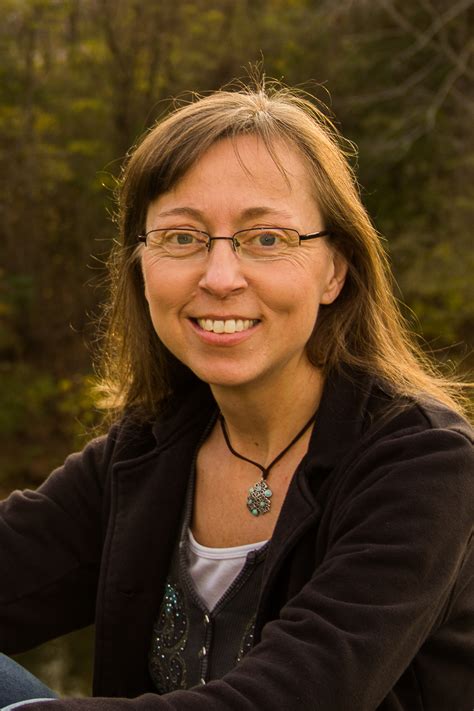A Quote by Andrew Lam
In non-fiction you have to stay true to historical events, be they personal or national .
Quote Topics
Related Quotes
Much more than an entertaining set of exaggerated facts, fiction is a metaphoric method of describing, dramatizing and condensing historical events, personal actions, psychological states and the symbolic knowledge encoded within the collective unconscious; things, events and conditions that are otherwise too diffuse and/or complex to be completely digested or appreciated by the prevailing culture.
I find it interesting that authors of fantasy and science fiction novels are rarely asked if their books are based on their personal experiences, because all writing is based on personal experience. I may not have gone on an epic quest through a haunted forest, but the feelings in my books are often based on feelings I've had. Real-life events, in fantasy and science fiction, can take on metaphorical significance that they can't in a so-called realistic novel.
Writers of historical fiction are often faced with a problem: if they include real-life people, how do they ensure that their make-believe world isn't dwarfed by truth? The question loomed large as I began reading 'The Black Tower', Louis Bayard's third foray into historical fiction and fifth novel overall.





































